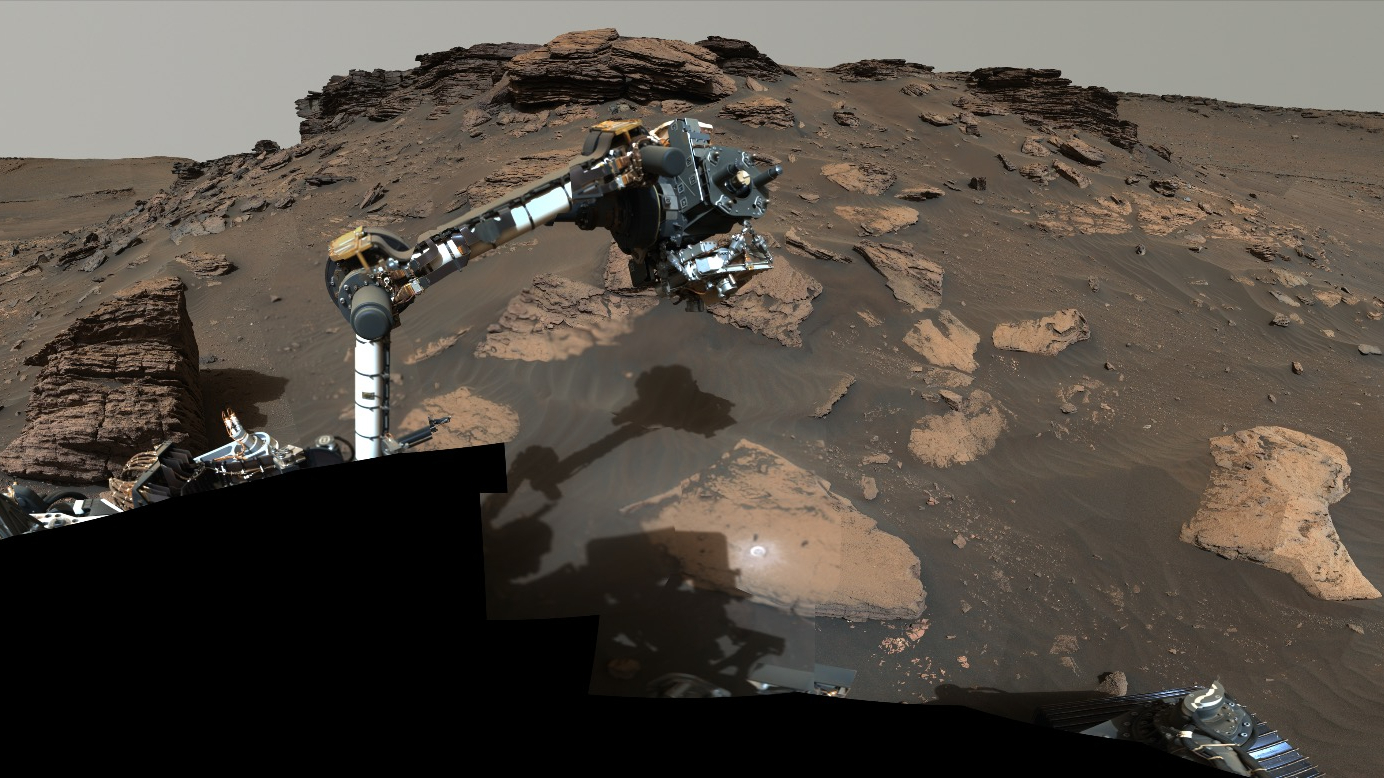Mars Rover Uncovers Promising Organic Molecules, Hinting at Ancient Life
Recent findings from NASA's Perseverance Mars Rover suggest the presence of organic matter on the Red Planet, indicating potential habitable environments that existed 3.5 billion years ago. What could this mean for the search for extraterrestrial life?

NASA's Perseverance Rover has made a groundbreaking discovery at Jezero Crater, revealing the highest concentrations of organic molecules found to date on Mars. This exciting development raises the possibility of ancient microbial life existing on the planet. The sediments and salts deposited in the crater's ancient lakebed create a compelling case for the conditions necessary for life to have thrived.
Discovery Details
The discovery was made in an area where sedimentary rocks formed, suggesting that Jezero Crater once held a lake. David Schuster, a return sample scientist, emphasized the significance of these rock samples, stating that they are among the most valuable ever collected. These organic molecules, primarily made of carbon, may indicate biological processes, but experts caution that they can also form through non-biological means, necessitating further analysis.
The wait for definitive answers will be long, with a Mars sample return mission planned for 2033. This collaboration between NASA and the European Space Agency aims to bring these samples back to Earth for comprehensive study.
Exploration of Jezero Crater
Perseverance, affectionately nicknamed "Percy," is tasked with caching samples that may reveal signs of ancient life while also investigating Mars' geology and climate history. The rover is currently exploring a delta formed approximately 3.5 billion years ago, where it collected two samples from a rock named Wildcat Ridge. The analysis of these samples using an instrument called Sherlock revealed a class of organic molecules known as aromatics, which are crucial in biochemistry.
NASA astrobiologist Sunanda Sharma expressed the excitement surrounding these findings, indicating that they are on the brink of uncovering significant clues about potential life on Mars.
Context of Previous Discoveries
This discovery builds on earlier findings from the Curiosity Rover, which detected methane on Mars. While methane can suggest biological activity, it can also result from geothermal reactions, highlighting the complexity of interpreting such results.
As scientists await more data, the implications of these discoveries are profound. If the presence of organic molecules can be definitively linked to ancient life, it would revolutionize our understanding of life's potential beyond Earth.
Conclusion
The exploration of Mars continues to captivate researchers and enthusiasts alike. With each new finding, the mysteries of the Red Planet unravel a little more. The ongoing work of Perseverance and subsequent missions may soon provide the insights needed to understand whether we are alone in the universe or if life once existed on Mars.
Stay tuned for more updates on this groundbreaking research and its implications for the future of astrobiology.
What's Your Reaction?
















